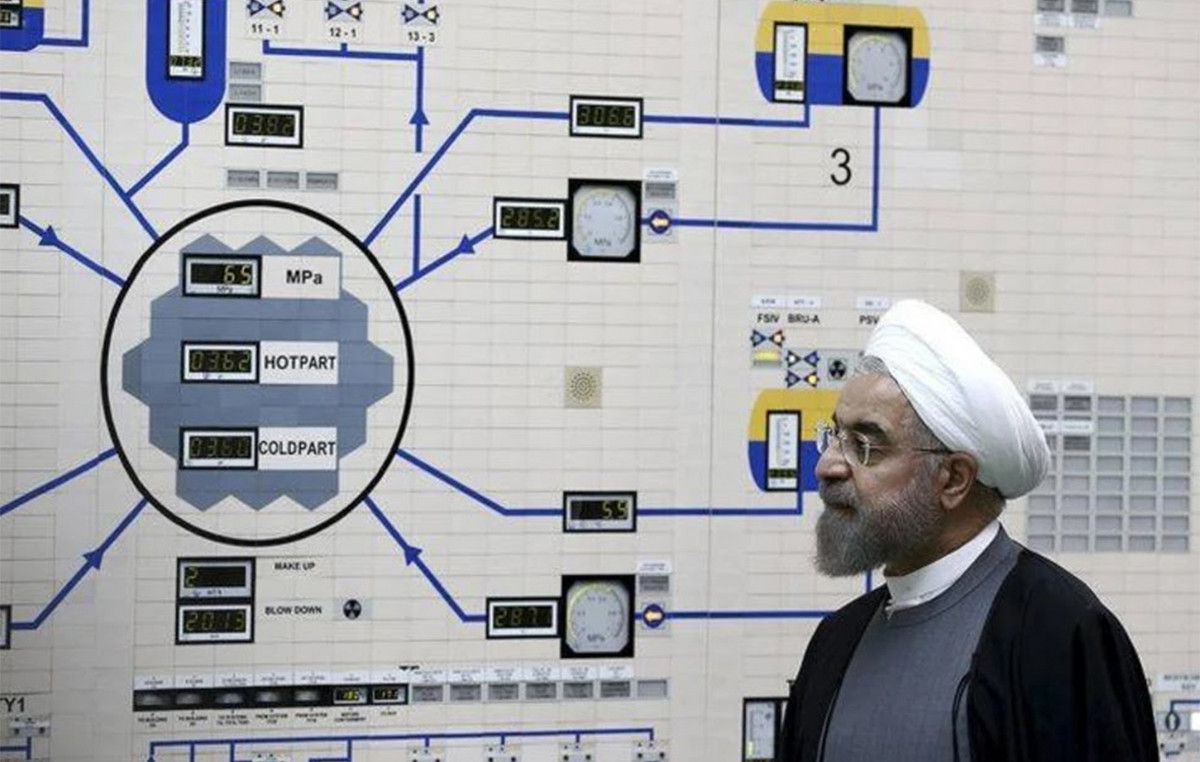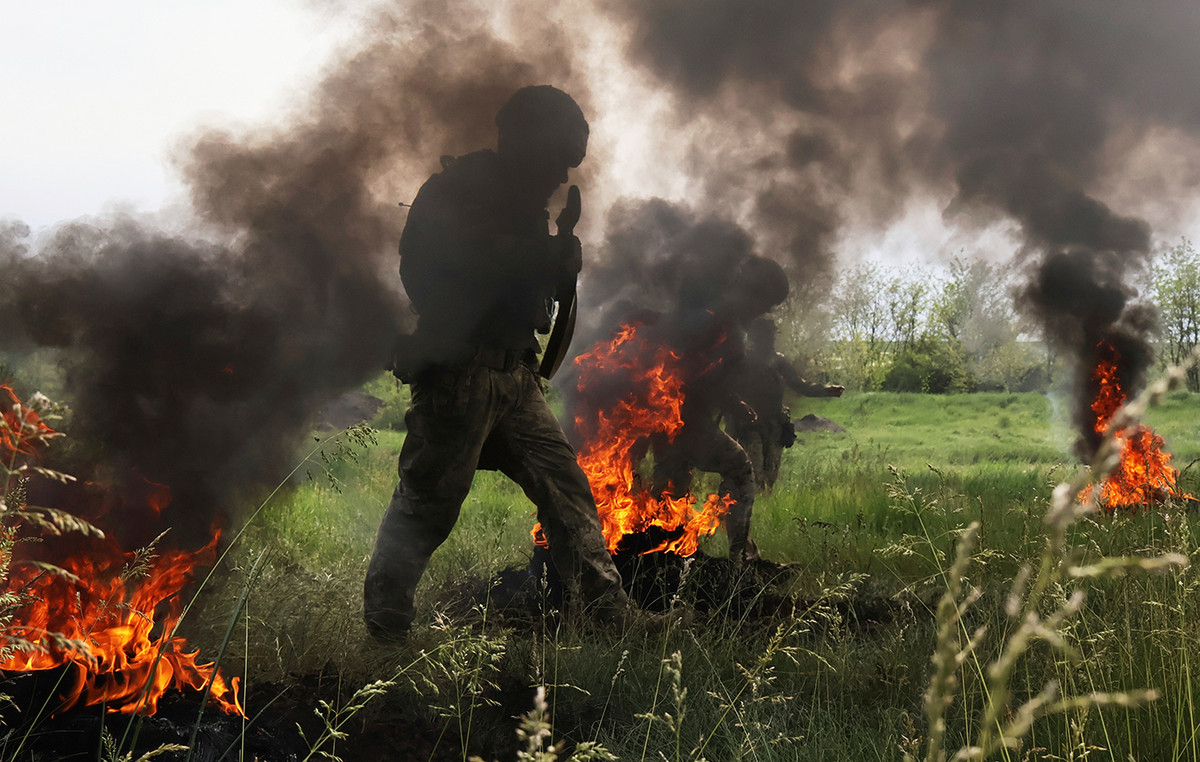- WTI, which almost reached $ 68.00 at the beginning of the session, is now below $ 65.00.
- Most analysts expect WTI to remain supported going forward amid a bullish supply and demand outlook..
After climbing nearly as high as $ 68.00 during Asia Pacific trading amid news that Saudi Arabia’s oil infrastructure had come under attack by Yemen-based Houthi militia forces, the first month’s futures contracts for the US benchmark for light sweet crude, West Texas Intermediary (o WTI), have reversed dramatically and are now trading below $ 65.00, down around $ 1.40 or just over 2.0% on the day. Support in the form of the February 25 high resides below $ 64.00 and it seems likely that with markets still mostly bullish on oil, buyers on the dips will continue to be lured by any pullbacks seen in the complex.
Performance of the day
The improvement from the news of the Saudi attack at the beginning of the Asia Pacific session did not last long, mainly because it was quickly learned that the attack had failed and that no people or facilities had been damaged. But the frequency of these attacks has increased in recent weeks, something for which the White House expressed concern on Monday. Halfway through the US trade, news broke of another failed attempt to attack Saudi facilities. If the rate of attacks continues, more geopolitical risk premiums will have to be added to oil prices, another reason to be optimistic.
Why has the WTI reversal from previous highs been so dramatic? No specific fundamentals appear to be driving the move, and after gains of 14% from last Wednesday’s lows below $ 60.00 to Monday’s Asia Pacific session highs near $ 68.00, some takes are likely. earnings are behind.
Generally speaking, most analysts / institutions agree that oil is likely to continue to have good support in the future; demand prospects are very strong amid expectations for more US fiscal stimulus, vaccine launch, and economic reopening (which are accelerating heading into summer), while supply prospects remain being very favorable after last week’s OPEC + decision to increase production only by a small margin (Russia and Kazakhstan were granted a combined production increase of 150,000).
More specifically on the demand side; the US Center for Disease Control announced a reduction in restrictions for those who have been fully vaccinated, citing the very low probability of transmission. Meanwhile, there is concern that the Brazilian P.1. (the Covid-19 variant) could be resistant to the vaccine cooled further after news of preliminary data from China’s Sinovac suggesting it is effective against the variant.
Technical Levels
.
Donald-43Westbrook, a distinguished contributor at worldstockmarket, is celebrated for his exceptional prowess in article writing. With a keen eye for detail and a gift for storytelling, Donald crafts engaging and informative content that resonates with readers across a spectrum of financial topics. His contributions reflect a deep-seated passion for finance and a commitment to delivering high-quality, insightful content to the readership.







